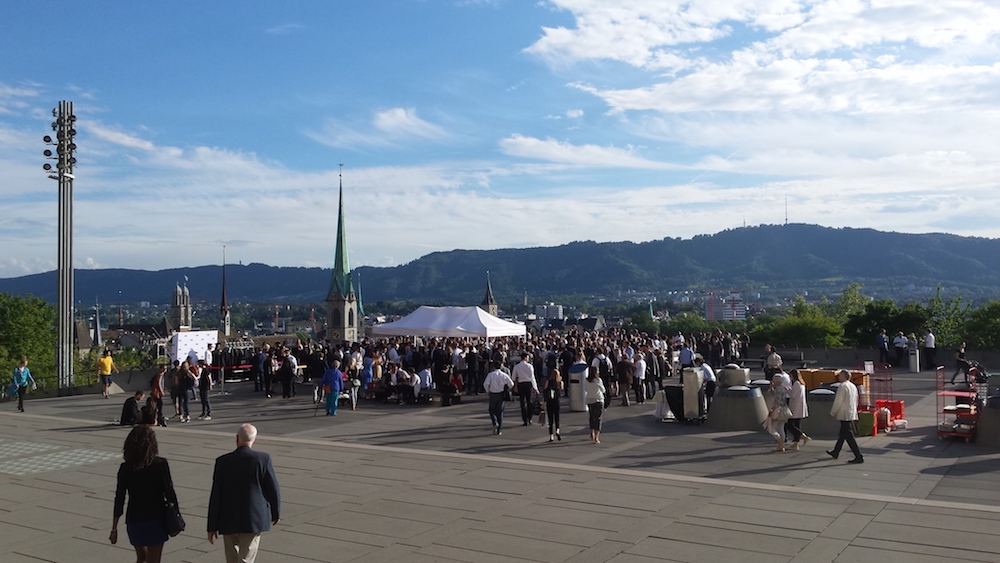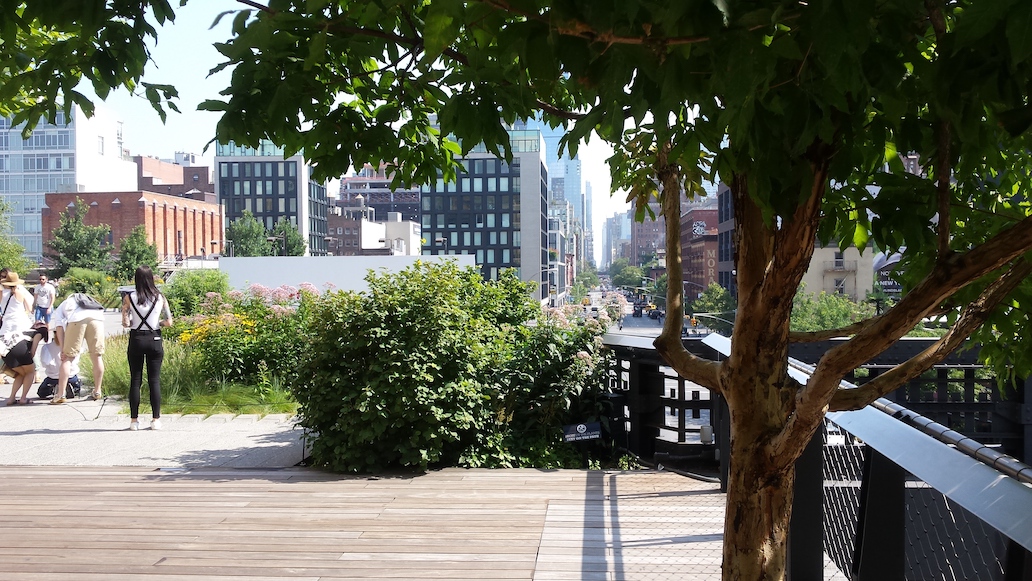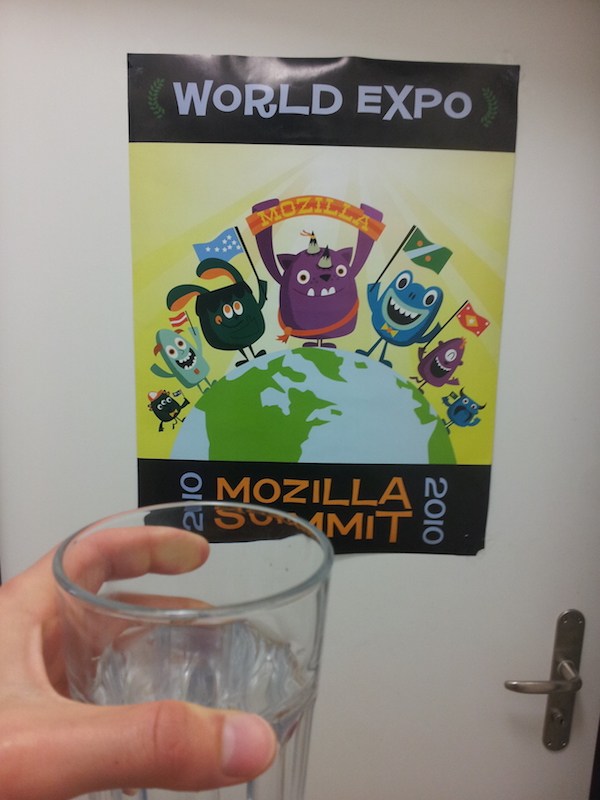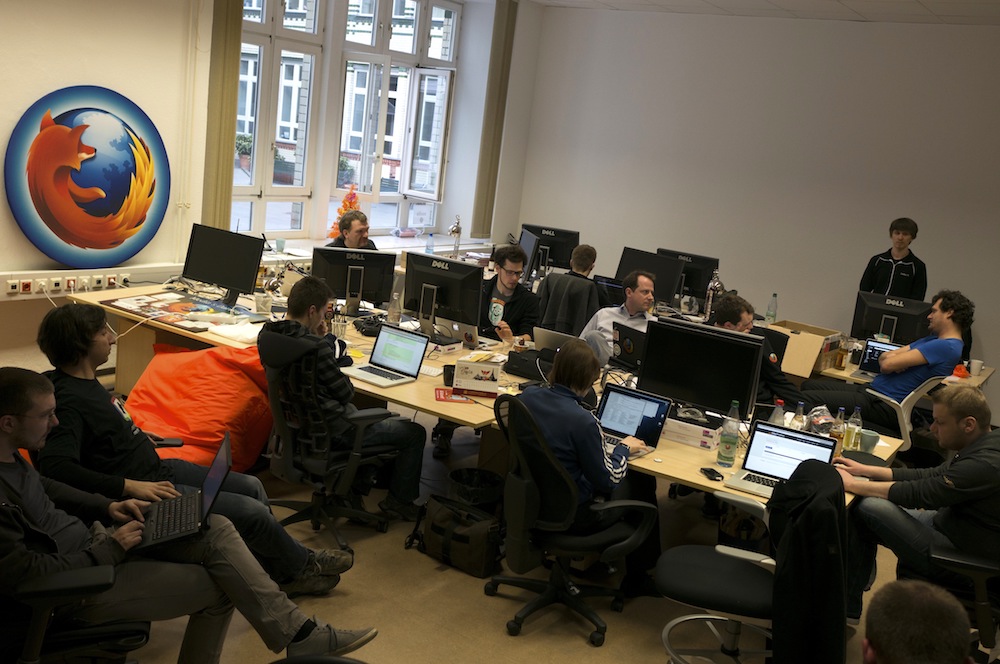Leaving and staying home #TheZurichYears

How do you know you are approaching a Swiss airport? When the corn field holds an advertisement for a swiss knife. The touchdown was as usual, but soon the feeling of arrival changed. Looking out once more of the window, a series of standing airplanes was going by as we taxied to our parking position. Each of the plains holding up the red, Swiss cross. “Home” was all I could think of and tears started to form in my eyes.
Roughly a year ago I felt upset by Zurich. Upset by the university and other things. Taking a distance, I moved to a different place. I had come back to Zurich before for short visits. The feeling had become better. But this time it was much stronger. Much more positive. The bad aspects washed away.
As more and more I walked through Zurich that day, moving by places I had passed by without really looking at them for so many years, my mood got even more positive. Zurich is a fabulous place to be.
My graduation has happened officially at the end of last year. Still, it never felt like I had departed fully from ETHZ. Now, going through the master ceremony the fact of “this chapter is over” became more permanent. Seeing other students dressed up in suites etc., family members sitting with us in the Audi Max.
The ceremony was amazing. Decorated with music - created by a fabulous bass player and a woman singing. Between that the head of studies, deen of the department and an external personal sayed a few nice words. A few people picked up their medals for special achievements. Because my master thesis was considered one of them I had been asked to give a 5 minute presentation on my work. Compressing a 100+ pages master thesis into a 5 minute presentation turns out to be tough. Even harder was to make it approachable for everyone: making it understandable for people completely unfamiliar to science while keeping people more familiar to the content entertained. Selling the thesis not too low by dropping a few math equations and research issues here and there. Showing how much is still to be done in robotics research at the end.
What I totally forgot: there were about 10 CS ETHZ professors sitting in the front row. If my talk had gone bad, that had been very disappointing. But it went well and people liked it. My mom was not able to follow my English language. Though she was impressed by my proper presentation and liked the images. Also, especially, the reversed A (the forall/universal quantifier).
I hadn’t realized before what it would mean to speek in front of “my class”. The honor going with it. Also, I totally underestimated the ETH Medail. How proud I am about myself to have achieved this. The hard work going into it. The endless hours in libraries to pass exams. It feels good to start having a feeling for personal achievements and treating yourself well.
When we were heading home after a great apero on top of the polyterrasse with view over Zurich, the Zurich lake and the alps, and afterwards dinner with the family. Well. I felt a bit sad. The study chapter was closed. Only at this point I realized how cool the time at ETHZ had been. The many experiences. Impressions. Travels. Friends. Theory. Parties. Shared-Flat-Life. How it had shaped me. How many different ways of thinking I had learned.
At home I read the letter each of us was given through the ceremony. It was handed out to each of us by the head of studies. Quoting from the letter:
Please stay in touch with the department and ETH Zurich, which will always remain your home. Visit the campus occasionally to reminisce about your days as a student and meet up with fellow alumni who have shared your educational experience.
I left my home at (ETH) Zurich. The chapter is closed. I have moved on and ships -sail soon- sailed to new grounds.
I stay at home at (ETH) Zurich. And I hope to visit it in the future again.
(First draft written on 12 June 2017.)







